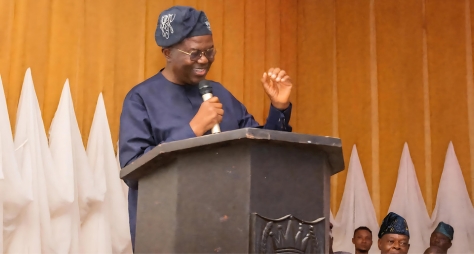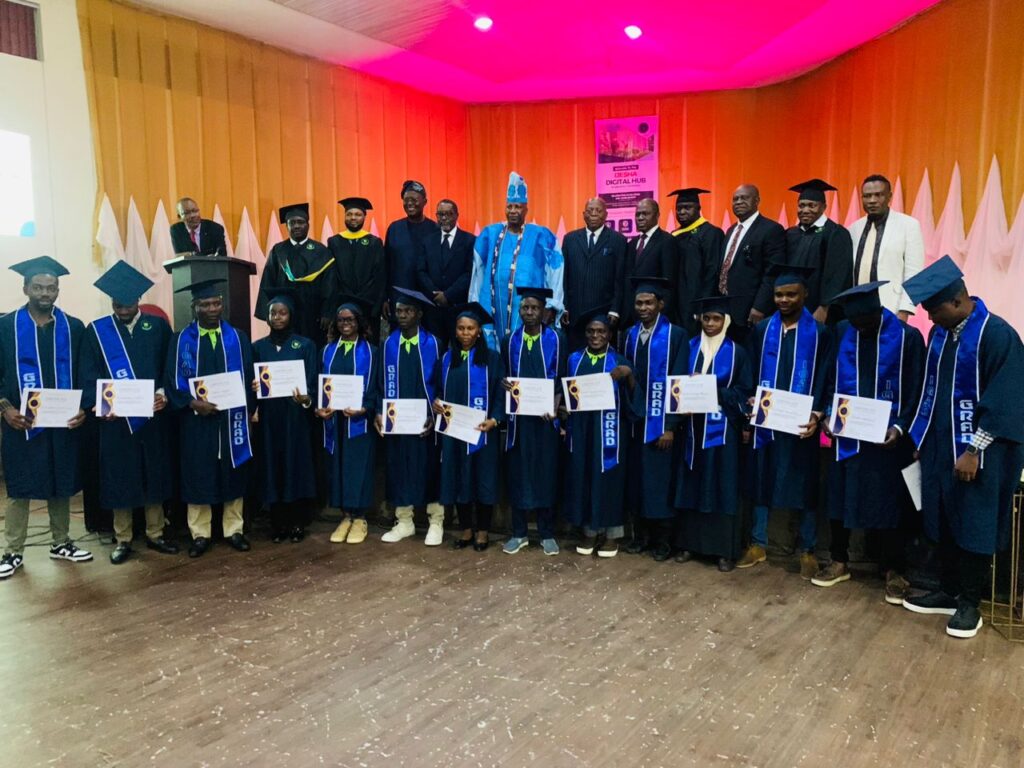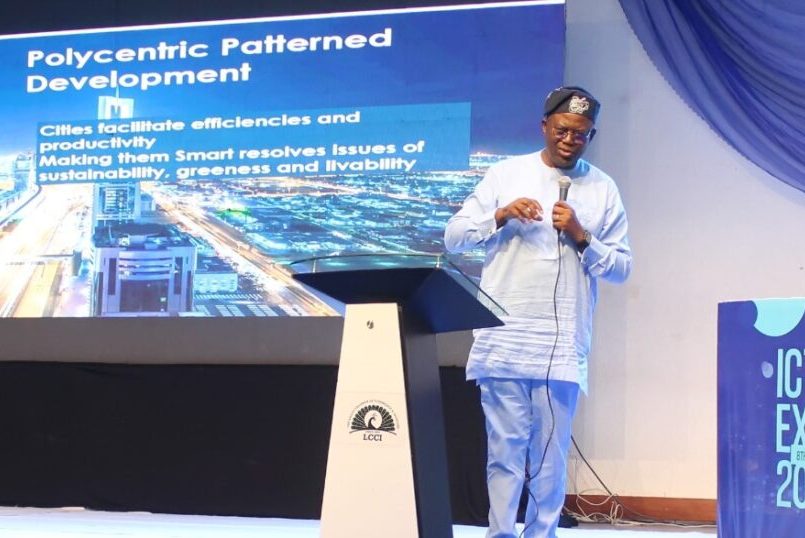A summary of the speech delivered at the recently held Inaugural Graduation Ceremony of Ijesa Digital Innovation Hub

Sir Demola Aladekomo, Executive Chairman of SmartCity PLC, delivered an inspiring keynote address at the Ijesa Digital Innovation Hub’s inaugural graduation ceremony. The ceremony celebrated the achievements of the graduating class and their potential to thrive in the digital economy.
Aladekomo emphasized the transformative power of the digital economy, stating, “The digital economy is not just a buzzword but a transformative force reshaping industries, societies, and the fabric of our daily lives.” He highlighted Nigeria’s potential as a digital leader, citing its youthful population and increasing internet penetration.
The speech commended the graduates’ expertise in Artificial Intelligence, Cybersecurity, and UI/UX Design, stressing their crucial role in fueling the digital revolution. Aladekomo acknowledged the importance of institutions like the Ijesa Digital Innovation Hub, which equip young people with the skills needed to succeed in this new frontier.
From Humble Beginnings to Digital Success
Aladekomo shared his personal journey, inspiring the graduates with his story of starting Chams Plc from the ground up. He emphasized the values of hard work, perseverance, and embracing opportunities within the digital space.
The 3Gs and 3Cs: Values for Success
Aladekomo outlined six key values for success in the digital economy:
- The 3Gs:
- Grit: unwavering determination to achieve long-term goals
- Give: generosity in sharing knowledge, skills, and resources
- Gratitude: appreciating opportunities and those who support you
- The 3Cs:
- Charisma: the ability to inspire and influence others
- Character: integrity, honesty, and ethical behaviour
- Competence: a combination of skills, knowledge, and expertise
A Call to Action
Aladekomo concluded by urging the graduates to embrace the digital economy, contribute to societal growth, and become catalysts for positive change. He left them with a message of encouragement, stating, “The future is bright, and the opportunities are limitless.”

This is a powerful message for young Nigerians aspiring to make their mark in the digital world. By following Aladekomo’s advice and harnessing the potential of the digital economy, they can contribute to a brighter future for themselves and their nation.
Read the full speech here
About SmartCity PLC
SmartCity is an investment and infrastructure development company dedicated to creating modern real estate and infrastructural projects that enable people to live, work, and relax in a technologically enabled environment, fostering pleasant and productive living.

